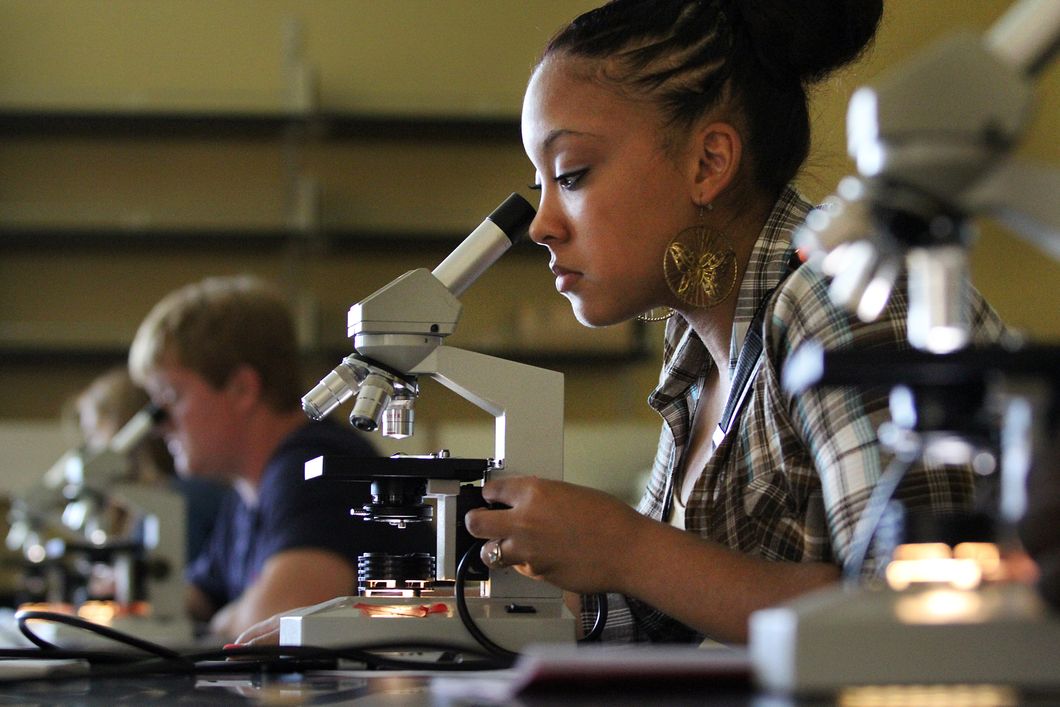There are so many contradictory study tips out there that for a long time I was wondering which ones to pay attention to. But for the past several years I've been researching how the brain works and that's helped me learn how to study most effectively according to neuroscience. These are my top three tips:
1. Don't re-read your notes.

Re-reading your notes is a waste of time. Your brain tricks itself into thinking it knows something because it recognizes it on the page. But recognizing something you see and recalling it on a test work very differently inside your brain. When you recognize something your neurons fire, however, they don't create the new connections with each other that happen when you really begin to know something. That's because your brain doesn't have to filter through any information to find the right answer. Instead, quiz yourself with flashcards or get a friend to help. This will force your brain to filter through information and find the answer, and your neurons will make the new connections you need. A great place to learn more about how your brains stores information is in Dr. Barbara Oakley's book "A Mind For Numbers." Get it on Amazon for $12.
2. Stop procrastinating with the Pomodoro technique.

The Pomodoro technique is an easy way to trick your brain into staying focused and working longer, so it's a great way to beat procrastination. You just set a timer for 25 minutes, and then take a five-minute break afterward. It takes practice, but you can train your brain not to get distracted for those 25 minutes. Pro tip: get a kitchen timer instead of using an app and then put your phone in another room. The science behind it shows that our brains work best when we work for a short amount a time and then have a short break before we start working again. Basically, it makes it easier to work longer and stay focused because there is a definite end time. The short time frame also makes it easier to start your work and stop procrastinating. And 30 minute chunks are great for timeboxing your schedule.
3. Get up and get moving.

Yeah, going to the gym can suck, but exercise, specifically aerobic exercise, is incredibly important for the health of your brain. Dr. John J. Ratey has done incredible research on exercise's effects on the brain. He found that exercise increases the proteins in your brain that help you form new memories. He also found that exercise helps the brain's plasticity and how well the brain is able to grow new cells. He explains all the cool things exercise is able to do for the brain in his book "Spark" which you can get on Amazon for $10. Although there is no one right way to exercise for your brain, as little as a walk can help. In fact, some of the best results from the studies on the subject use walking as the method of exercise. So when you're feeling stuck and don't think that you can learn anymore, take a walk. It's scientifically guaranteed to help.






















